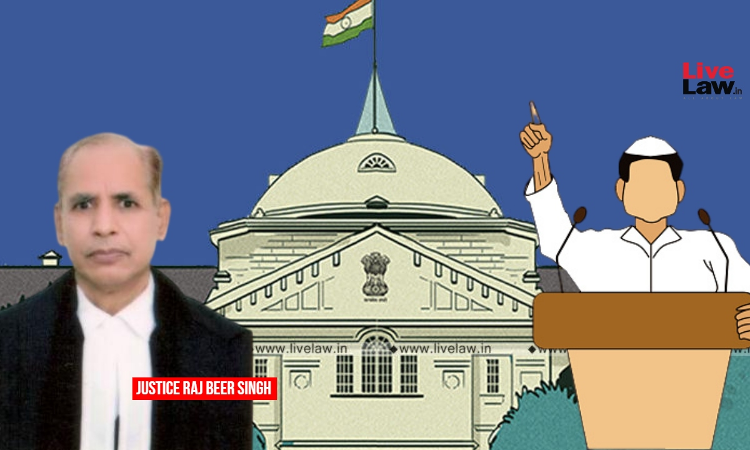Furnishing False Information About Educational Qualification Not 'Corrupt Practice' U/S 123 Of RP Act: Allahabad High Court
Sparsh Upadhyay
6 Oct 2022 3:16 PM IST

Next Story
6 Oct 2022 3:16 PM IST
The Allahabad High Court has observed that a piece of false information regarding the education qualification of an election candidate can't be termed a 'corrupt practice' within the meaning of subsection (2) or (4) of section 123 R.P. Act. The bench of Justice Raj Beer Singh further observed that the information regarding the educational qualifications of a candidate is not a vital...
